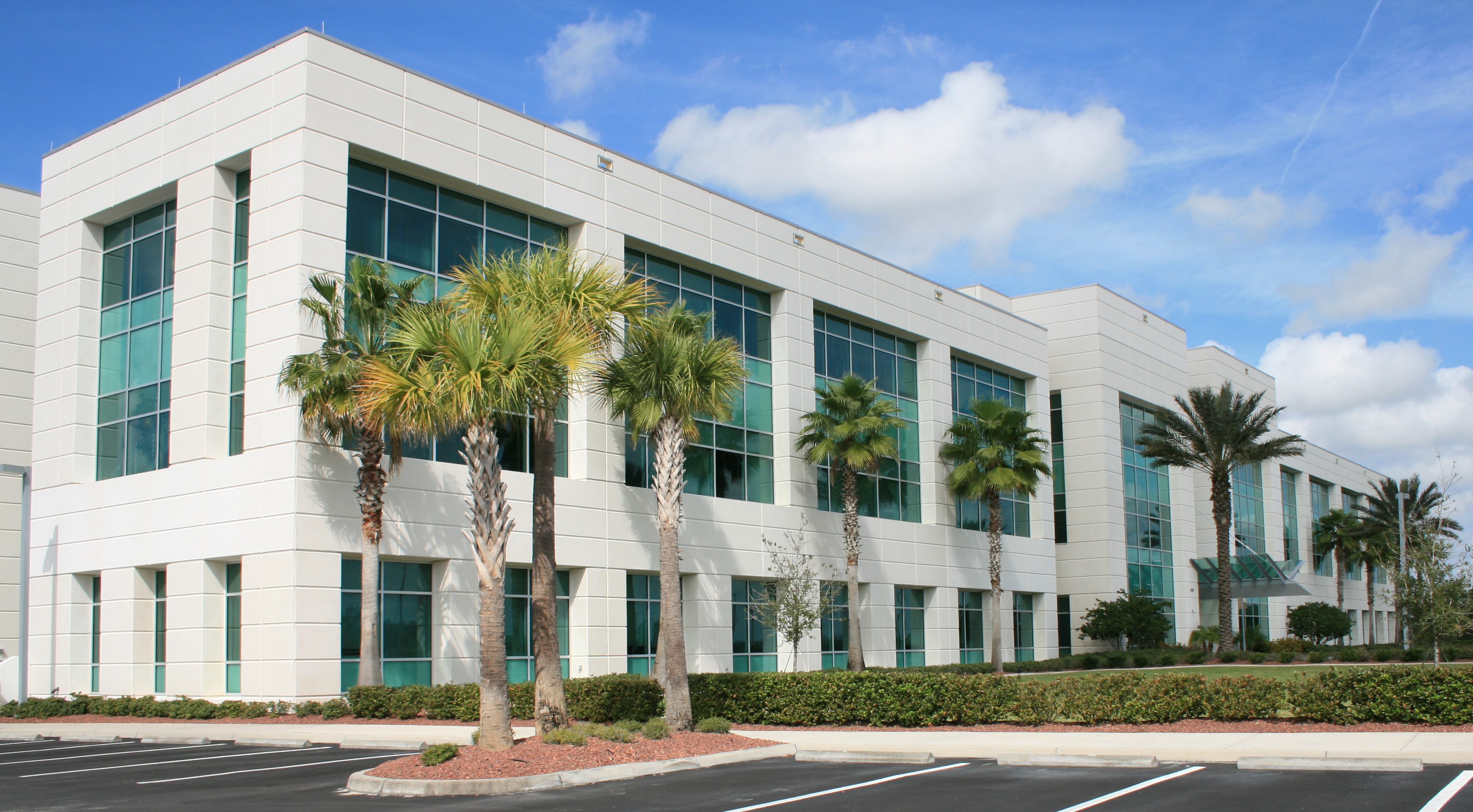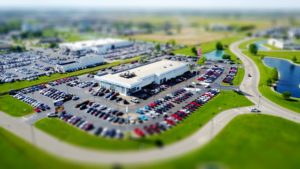What is a Conditional Use Permit and How Does it Affect Permit Expediting?

Conditional Use Permits, or CUPs for short, are permits that require discretionary approval from the city. These types of permits consent to a use not allowed by-right in a particular zone. Just like the name implies, the permit application is approved under a set of conditions. Those conditions are set forth by the jurisdiction that the land falls within.
 Example
Example
Let’s say that a car dealership is requesting to build in an area that is zoned for a mix of commercial and manufacturing space. The car dealership will be storing cars, providing car service, and of course, selling cars. During our detailed due diligence investigation phase of the project, we will conduct zoning research to determine if the proposed use is permissible for that zone. We will explore with city planners what avenues the dealership may take to move the project forward.
In evaluating the dealership’s application to build in that zone, the city planners will consider the compatibility of the car dealership with its surrounding areas. Additionally, they will look at noise, traffic flow, and other factors that may affect the area. If the city planners determine that a car dealership is authorized in that zone, they may require that it meet a set of conditions to receive a permit. For example, they may require that the dealership close before 8:00pm so that it does not interfere with noise restrictions in that area.
As you have probably gathered by now, Conditional Use Permits are given at the discretion of the jurisdiction and that has authority over the property. If the property owner does not meet the conditions agreed upon, the CUP can be revoked.
Conditional Use Permits – Los Angeles, CA
As mentioned, city planners must make sure that a project is compatible with its surrounding areas prior to granting a Change of Use permit. In the city of Los Angeles, CUPs must be consistent with the Los Angeles General Plan. This general plan provides an extensive guide for long-term growth. It is a framework for plans, ordinance requirements, standards, procedures and more. Additionally, city planners must ensure that the CUP follows the Los Angeles Municipal Code (LAMC).
In Los Angeles, Conditional Use Permits can be more complex and time-extensive due to its distinct zoning and community standards. For example, if a client is looking to obtain a CUP in a coastal zone such as Venice or the Pacific Palisades, they will need to undergo an additional review with the coastal committee and planning commission.
Services we Provide for CUPs
• Exercise Due diligence
• Coordination between City Officials, applicants, architects/engineers, and all other parties
• Represent clients at city hearings
• Process all city paperwork involved
